Achieving accountable government

The US Congress understands the importance of Special Forces oversight, why doesn’t the UK Parliament?
The US Congress has recently ordered a review of the country’s special operations forces – something that the UK Parliament is unable to do. As special forces are increasingly used in actions overseas, and face growing questions about accountability and resources, Liam Walpole argues it is time for the UK government to abandon its outdated attitude and allow for the democratic oversight of special forces in Parliament.

Donald Trump: openness, secrets and lies
Many politicians use the rhetoric of open government, but operate with a lack of transparency. Ben Worthy and Marlen Heide consider the Trump presidency in these terms, and find that, for all the lies, there is also an unintentional openness – and it is not yet clear which of these tendencies will weaken the presidency most.
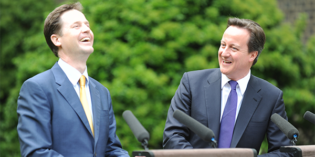
Behind the scenes of the Conservative–Liberal Democrat Coalition
The UK’s Coalition government of 2010–15 was established with an array of formal agreements and rules for cooperation. However, finds Felicity Matthews, the informal norms and micro-level practices of individual relationships were critical to its operation. This opens up a new area in research, which focuses on the detailed practices of multi-party governance.
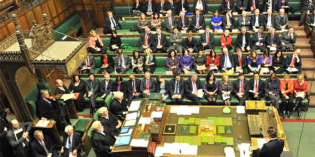
The House of Commons and the Brexit deal: A veto player or a driver of policy?
If, as expected, the House of Commons rejects Theresa May’s EU Withdrawal Agreement, could it step in to determine what happens next? The House of Commons has not had to run anything directly since the Civil War in the 17th century, writes Andrew Kennon, and so could not long term: our political system depends on a government taking responsibility.
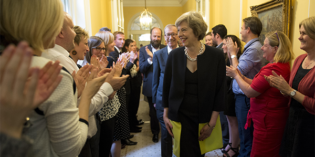
They’re making a list: the inexorable rise of the special political adviser
The government has released its annual data on the number of special advisers it employs. Andrew Defty assesses the figures and discusses how the numbers have grown over successive governments.
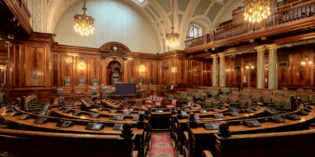
How to maintain high ethical standards in local government: a perspective on the Committee on Standards in Public Life’s review so far
Colin Copus offers his perspective on some of the evidence heard so far by the Committee on Standards in Public Life’s review into ethical standards in local government. He argues that it is a difficult task to balance the issues at stake in refining the current system. There are also important arguments surrounding whether or not to nationalise or localise standards in local government. But the work of the Committee is vital if we are to maintain high standards of ethical behaviour in local government.

Why it’s not just about the outcome: citizens also care about democratic decision-making
A well-known claim for citizens’ involvement in politics is that, when things are going well, they care little about participating in decision-making processes. Michael A. Strebel, Daniel Kübler and Frank Marcinkowski test this claim, and find that, in fact, democratic participation and transparency matter for citizens too, independently of the specific policy outcome.

Making a 21st century constitution: the rules we have established for democracies are now outdated
Democratic constitutions are unfit for purpose, with governments facing increased pressures from populists and distrust from citizens. The only way to truly solve these problems is through reform, argues Frank Vibert. He draws on his new book on the topic and sets out the ways in which constitutions should be revitalised.
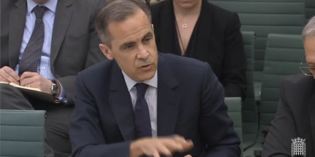
How the Treasury Committee has developed since 1997
A close analysis of the Treasury Committee’s recent history shows how it has become a successful example of a House of Commons select committee. It has developed a broad remit for scrutinising high-profile figures and institutions in the financial sector beyond the Treasury department, particularly in the aftermath of the 2008 financial crisis, writes Saskia Rombach.



 Democratic Audit's core funding is provided by the Joseph Rowntree Charitable Trust. Additional funding is provided by the London School of Economics.
Democratic Audit's core funding is provided by the Joseph Rowntree Charitable Trust. Additional funding is provided by the London School of Economics.